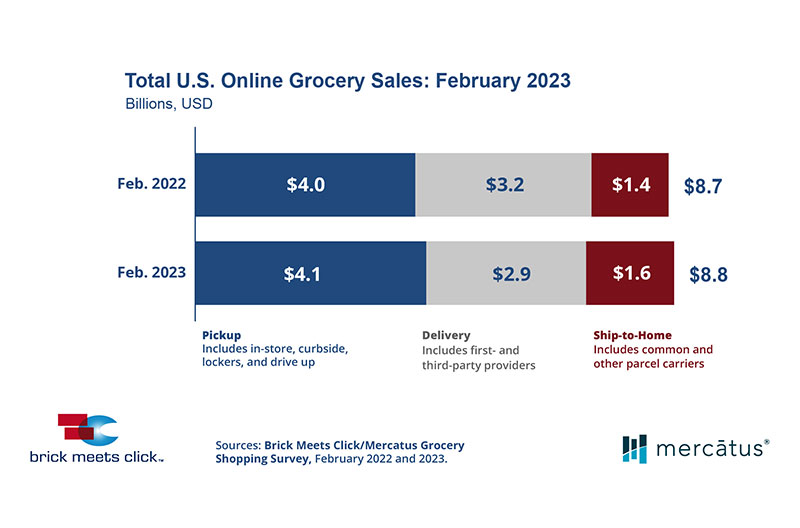The sales for the video games sector ARE (or) IS increasing.
According to the OALD, sales (plural noun) means the number of items sold. If it refers to the number, not the items, why is it a plural noun?
Second, should I use sales to talk about the money received by selling the items? If so, I feel that is is what I should go for here because in the original sentence, I mean the money is increasing.
EDIT TO CLARIFY THE QUESTIONS: Regarding my first question, I'm not sure whether I phrased it obscurely or not, but most people didn't really answer the question I'm asking here. I think Lambie's is the closest one so far, but I'd like to hear others' explanations as well. Of course, if sales refer to the items themselves, it should be a plural noun, but sales refer to the NUMBER of items. If it's a number, which is the definition in dictionaries, why don't we use it in singular form just like the word "number"? That's the real question here.
As for the second one, I have an English test asking me to report trends shown in a chart. The pie chart illustrates the online sales for retail sectors in Canada in 2005. Video games accounted for 23% of the sales, while food and beverage accounted for 32%. I think because there are different retail sectors involved ("sectors" is what the test uses), sales here might refer to the money received for selling units in these sectors because comparing the number of units in two sectors, while these units aren't even the same thing, is pretty strange. That's why I asked if sales refer to money (uncountable), why is it plural?

